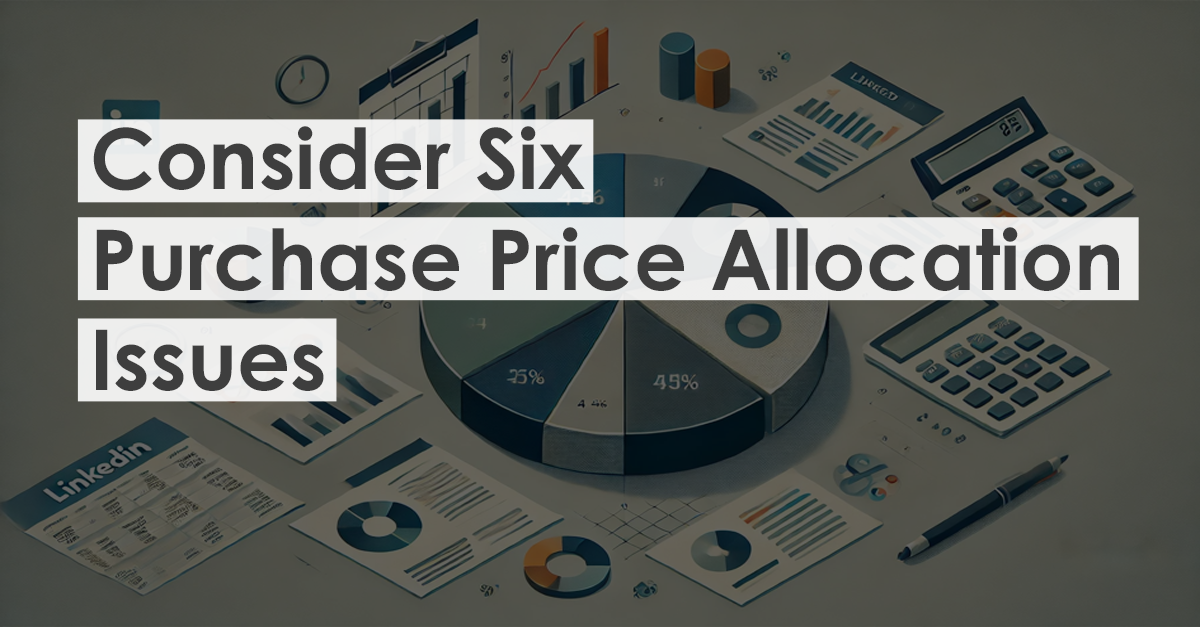The key reason for engaging a third party to provide valuation services in a regulatory environment is independence. Without an arm’s length transaction, the true value of an asset, business entity, or financial instrument are extremely hard to determine. Because valuer’s subjective judgment has such a dramatic impact on the value conclusion, the IRS and SEC are concerned that reporting entities would exploit the subjective nature of the valuation process to their advantage. Hiring an independent valuer is critical for building documentation that can withstand legal and regulatory scrutiny.
Who is independent and who is not? It is almost impossible to argue that entities preparing their own valuations are doing so objectively especially when valuation becomes critical to their financial position. An outside consulting firm can be viewed as lacking independence as well. We know that audit firms cannot provide valuation services to their audit clients. The lack of independence may also be perceived when valuation service is bundled or sold as a “loss leader” within a larger consulting arrangement. Finally, your valuation specialist should not be your investor. Your lender is a poor choice for achieving independence. Likewise, your valuer should not be remunerated in your company’s equity.
One way to know if your valuer meets the minimal requirements of independence is to ask whether the final report would contain the Uniform Standards of Professional Appraisal Practice (“USPAP”) certification. USPAP is a set of common-sense requirements for providing an unbiased, professional and independent opinion of value developed by the Appraisal Foundation. There is no legal or regulatory requirement to provide USPAP certifications, however, it is a very common way for valuation specialists to ascertain their independence.


